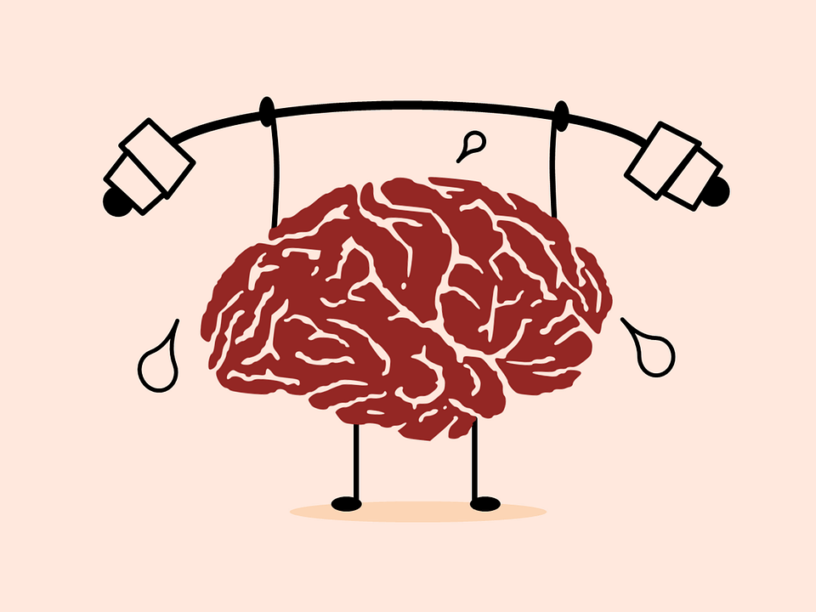
Introduction: In today’s fast-paced and stressful world, maintaining good mental health is essential for overall well-being. While there are many ways to improve mental health, exercise is a powerful and effective tool that can benefit individuals of all ages and backgrounds. In this article, we will explore the connection between exercise and mental health and discuss some of the ways in which exercise can promote better mental health.
The Science behind Exercise and Mental Health: Physical activity has been found to promote the release of endorphins, which are natural chemicals produced by the body that act as mood elevators. Exercise also helps to reduce the levels of stress hormones, such as cortisol, which can cause feelings of anxiety and depression. Additionally, regular exercise has been shown to improve sleep quality, increase self-esteem and confidence, and reduce the risk of developing chronic health conditions that can negatively impact mental health.
Types of Exercise for Mental Health: There are many types of exercise that can benefit mental health. Aerobic exercise, such as running, cycling, and swimming, has been found to be particularly effective in reducing symptoms of anxiety and depression. Strength training exercises, such as weightlifting, can also improve mental health by increasing self-esteem and promoting feelings of empowerment. Additionally, yoga and meditation have been found to be effective in reducing stress and promoting relaxation.
Benefits of Exercise for Mental Health: Regular exercise can provide numerous benefits for mental health. Some of the most notable benefits include:
- Reducing symptoms of depression and anxiety
- Improving self-esteem and confidence
- Enhancing cognitive function and reducing the risk of cognitive decline
- Promoting better sleep quality
- Reducing stress and promoting relaxation
- Improving overall well-being and quality of life
Incorporating Exercise into Your Daily Routine: Incorporating exercise into your daily routine can be easy and enjoyable. Start by finding an activity that you enjoy and that fits your schedule, such as walking, dancing, or swimming. Aim for at least 30 minutes of moderate-intensity exercise most days of the week, but remember that any amount of physical activity is better than none. Additionally, try to incorporate strength training exercises at least two times per week and take breaks throughout the day to stretch and move your body.
Conclusion: Exercise is a powerful tool that can promote better mental health and well-being. Whether you prefer aerobic exercise, strength training, yoga, or meditation, incorporating physical activity into your daily routine can provide numerous benefits for your mental health. By prioritizing exercise and making it a regular part of your routine, you can take control of your mental health and live a happier, healthier life.




Leave a Reply